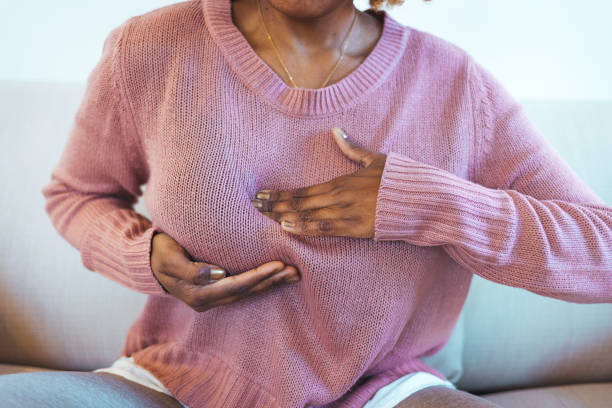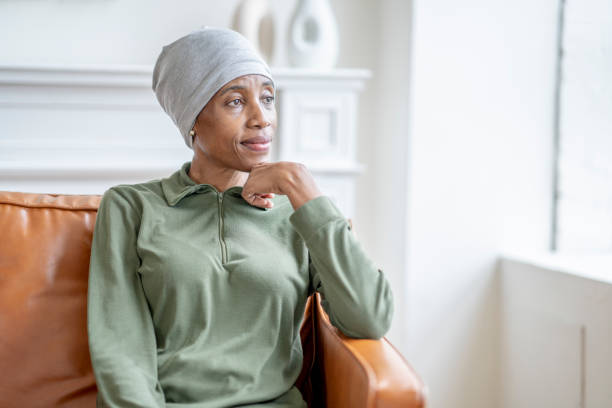Breast cancer is a significant health concern, impacting many women across the globe. By understanding the risk factors and implementing preventive measures, you can take control of your health and reduce the likelihood of developing breast cancer.
What is Breast Cancer?
Breast cancer occurs when malignant (cancer) cells form in the tissues of the breast. These cells can originate in different parts of the breast, including the lobules (milk-producing glands), ducts (tubes that carry milk to the nipple), or other breast tissues. The abnormal cells can grow uncontrollably and spread to other parts of the body, making early detection and prevention crucial.
Recognizing the Symptoms
Early detection of breast cancer significantly increases the chances of successful treatment. Being aware of the symptoms can help you catch potential issues early. Key symptoms to watch for include
Lump in the Breast: A new lump or mass in the breast is often the most common symptom. While not all lumps are cancerous, any new or unusual lump should be checked by a healthcare professional.
Pain in the Breast or Nipple: Persistent pain in the breast or nipple that is not associated with your menstrual cycle should be evaluated.
Red, Pitted Skin Over the Breast: Changes in the texture or color of the skin on the breast, such as redness or a pitted appearance, can be signs of an underlying issue.
Swelling in Parts of the Breast: Swelling or changes in the size and shape of the breast can indicate a problem, even if no lump is felt.
Nipple Discharge: Any discharge from the nipple, particularly if it is bloody or occurs without squeezing the nipple, should be investigated.
- Changes in Breast Shape or Size: Noticeable changes in the appearance of the breasts, such as dimpling or asymmetry, may be signs of breast cancer.
Prevention Tips
Preventing breast cancer involves a combination of regular screenings, lifestyle choices, and being proactive about your health. Here are six essential tips to help reduce your risk:
- Self-Breast Exams and Screenings: Conducting regular self-breast exams can help you become familiar with your breasts and notice any changes early. Additionally, schedule regular mammograms as recommended by your healthcare provider. Mammograms can detect tumors that are too small to feel, allowing for early intervention.
- Breastfeed: Breastfeeding has been shown to reduce the risk of breast cancer, particularly when continued for a year or more. It’s believed that breastfeeding limits the number of menstrual cycles a woman has, reducing lifetime exposure to hormones like estrogen, which can promote breast cancer cell growth.
Maintain a Healthy Weight and Exercise: Staying at a healthy weight and engaging in regular physical activity can lower the risk of breast cancer. Aim for at least 150 minutes of moderate aerobic exercise or 75 minutes of vigorous exercise each week, along with strength training exercises at least twice a week.

Eat a Healthy Diet: A diet rich in fruits, vegetables, lean proteins, and whole grains can support overall health and help reduce cancer risk. Antioxidants and phytochemicals in plant-based foods have protective effects against cancer.
Limit Alcohol and Avoid Smoking: Alcohol consumption is linked to an increased risk of breast cancer. Limit your intake to no more than one drink per day, if you choose to drink at all. Smoking is another risk factor for many cancers, including breast cancer. Quitting smoking can significantly improve your overall health and reduce cancer risk.
Avoid Birth Control Pills After Age 35: Birth control pills can increase the risk of breast cancer, especially in women over 35 and those who smoke. Discuss alternative contraceptive methods with your healthcare provider to make informed decisions about your reproductive health.

Empower Yourself with Knowledge
Knowledge is power when it comes to cancer prevention. By understanding the risk factors and taking proactive steps, you can significantly reduce your risk of developing breast cancer. Regular checkups, a healthy lifestyle, and being vigilant about changes in your body are crucial components of breast cancer prevention.


